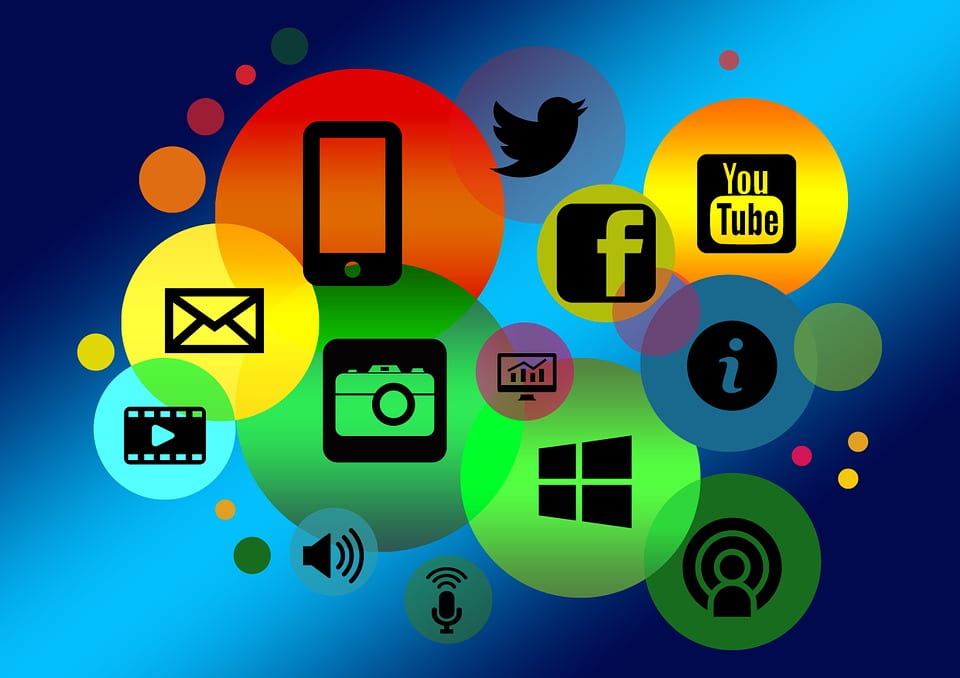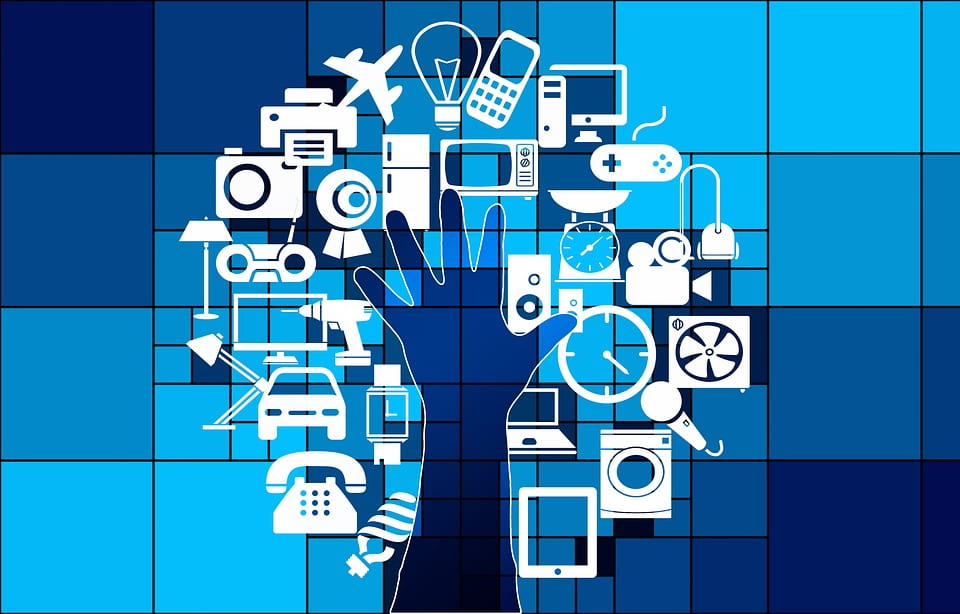
In recent years, we have seen high-income countries fail to uphold commitments by retreating from prior obligations to health and reversing environmental protections that were once collective imperatives. This reveals a broader pattern of countries abandoning formerly binding principles, treating equity and rights as lesser considerations. More than budgetary shifts, these movements reflect a widespread prioritization of trade, security, and short-term geopolitical advantage. The United States, with its expedited migration enforcement and aggressive international maritime operations, demonstrates how rights-centered diplomacy is undermined by deceptive national security prioritization (OHCHR 2025; Council on Foreign Relations 2025). Recent reporting on U.S. ‘drug boat’ strikes, which have condemned by the UN as illegal, further illustrates how security practices can erode international legal norms (The Independent 2025). These retreats from the rights-based approach to international relations signal a broader crisis of credibility in international commitments, where promises of fairness are increasingly subordinated to immediate political gain. This blog observes how foreign policy instruments are steering away from human rights and how external shifts cause domestic rollbacks in civil protections.
The Universal Declaration of Human Rights (UDHR), adopted by the United Nations in 1948, is a foundational document that sets out 30 articles affirming universal rights and freedoms, establishing a global standard for dignity, equality, and justice (United Nations 1948). Similarly, the Sustainable Development Goals (SDGs), adopted by the UN in 2015, are a set of 17 global targets designed to reduce inequality, strengthen institutions, and promote sustainable development worldwide (United Nations, 2015). These provide operational commitments and normative measures needed for international engagement – specifically SDG 10 on inequality and SDG 16 on inclusive institutions (United Nations, 2015). The European Union (EU) Charter and Council of Europe further specify obligations for rights-consistent external policies that member states are expected to honor (European Union 2012; Council of the European Union n.d.). Implementing these standards requires consultation with affected communities, funding for civil society partners, and independent impact assessment mechanisms that adjudicate trade‑offs between security, trade, and rights (American Bar Foundation 2023; Oxfam Novib & Oxfam International 2025). Without these mechanisms, performative politics obscure whether rights protections are effectively implemented (IOB 2024).

Diplomacy and Foreign Policy
There are four primary indicators of rights retreat within current foreign policy:
- Reallocations within national budgets have begun prioritizing short-term geopolitical goals over sustained rights-programming (IOB 2024).
- Emerging trade and technology agreements have abandoned civil society concerns, instead including unenforceable measures for rights-fulfillment (UNCTAD 2025; European Commission 2024).
- Governments have begun to shift migration discourse from protection to control at the expense of asylum safeguards (Beltran Saavedra et al., 2025).
- Aid and cooperation conditions are no longer effective in leveraging compliance due to uneven application and enforcement (IOB 2024; Oxfam Novib & Oxfam International 2025).
More than abstract trends, these four indicators underscore shifts between discourse and practice. Each of these mechanisms is exemplified by the 2017-2022 evaluation of Dutch support to human rights (IOB 2024). The Dutch Policy and Operations Evaluation Department (IOB) (2024) found persistent gaps between rhetorical commitments and complete implementation. Budgetary shifts in this report show reduced or threatened funding for civil-society watchdogs and sexual and reproductive health rights (SRHR). Barriers to sustained funding and coordination – in combination with fragmented national agendas on trade, migration, and security – produces contradictions which limit the effectiveness of rights clauses and undermine the durability of long-term human rights programming and international initiatives. The inconsistent application of rights-conditionality (the requirement that governments uphold human rights standards in exchange for aid or cooperation) and restricted civil-society consultation has signaled to grassroots actors that their role in policy creation is expendable (Douch et al., 2022). Rather than through outright rejection, these findings show retreats in rights-centered diplomacy through incremental reallocation of budgets away from civil-society and rights programming and incoherence across geopolitical agendas, such as trade, migration, and security agendas (Netherlands Helsinki Committee 2025).
The Dutch case shows how fragmented agendas and weakened accountability measures echo throughout multiple levels of international policy, allowing prior commitments to appear negotiable. Civil society actors warn that such shifts promote neighboring governments to follow suit, leading to a broader pattern of accountability problems (Netherlands Helsinki Committee 2025; Oxfam Novib & Oxfam International 2025). This retreat, which is in direct contradiction of the principles enshrined in the UDHR, SDGs, and EU charter, sets the stage for parallel erosions where domestic rights protections are at risk.

Rights and Domestic Policy
The impacts of international retrenchment – retreats from commitments to health, climate, and rights-based foreign policy – do not remain external. These withdrawals negatively affect domestic enforcement mechanisms and social expectations surrounding rights implementation. When multilateral agreements rapidly deprioritize rights, this becomes normalized, emboldening domestic governments to strip protections at home. This feedback loop allows weakened rights-focused diplomacy and domestic rights rollback to reinforce one another. This cycle not only weakens rights protections but also reshapes public expectations, making exclusionary practices appear normal and acceptable.
In the United States, coercive practices at home (such as accelerated removals of migrants and courthouse detentions of asylum seekers) demonstrate how isolationist attitudes abroad have begun to change acceptable federal action (UCLA Law Review 2023; OHCHR 2025). These practices are incentivized by orders that prioritize border control and the rapid returns of migrants to their countries of origin (or “safe third party” countries or countries with “deportation deals”) (The Olive Press, 2025; Democracy Now, 2025). This pushes agencies to expand detention, expedite cases, and limit court oversight, factors that weaken due process (UCLA Law Review 2023; UNHCR 2025). The US is not alone here; several high-income countries are seeing migration issues reframed as management problems. Tightened asylum processing, shorter appeal windows, and over-reliance on administrative solutions all lead to eroded procedural protections for non-citizens and displaced people (Beltran Saavedra et al. 2025; UNHCR 2025).
The stability of rights depends on institutional resources and sustained commitment. When supervision decreases, governments advance these restrictive agendas without restraint, leaving vulnerable populations unprotected (Herre & Arriagada 2025; ILGA‑Europe 2024). This leads to lower civic participation, polarized public spheres, and diminished capacity for collective problem solving (CivicPulse, 2025). These deficits weaken civic infrastructure and amplify exclusionary narratives (American Bar Foundation 2023). What begins as external retrenchment becomes an internal erosion of democratic resilience, hollowing out safeguards that once constrained state power and leaving societies more vulnerable to authoritarian appeals.
Reimagining Rights-Centered Diplomacy
High-income countries must recommit and reinvest to undo harm and re-embed rights in diplomacy. This will involve dedicated funding for civil society partners, binding impact assessments, and robust oversight mechanisms with procedural safeguards (IOB 2024; UNHCR, 2025). Domestic resilience requires enforcement of judicial review and sustained support for watchdog institutions that defend minority rights against political pressures (American Bar Foundation 2023). These reforms prioritize long-term protections and reinforce institutional infrastructure to withstand short-term pressures. This, along with the recommendations from the IOB (2024) evaluation, ensure that rights commitments remain operational and also restore local and global credibility. High-income countries are faced with two options: accept the continual loss of civic trust and democratic security or invest in durable institutions that can safeguard rights amid geopolitical volatility.





















